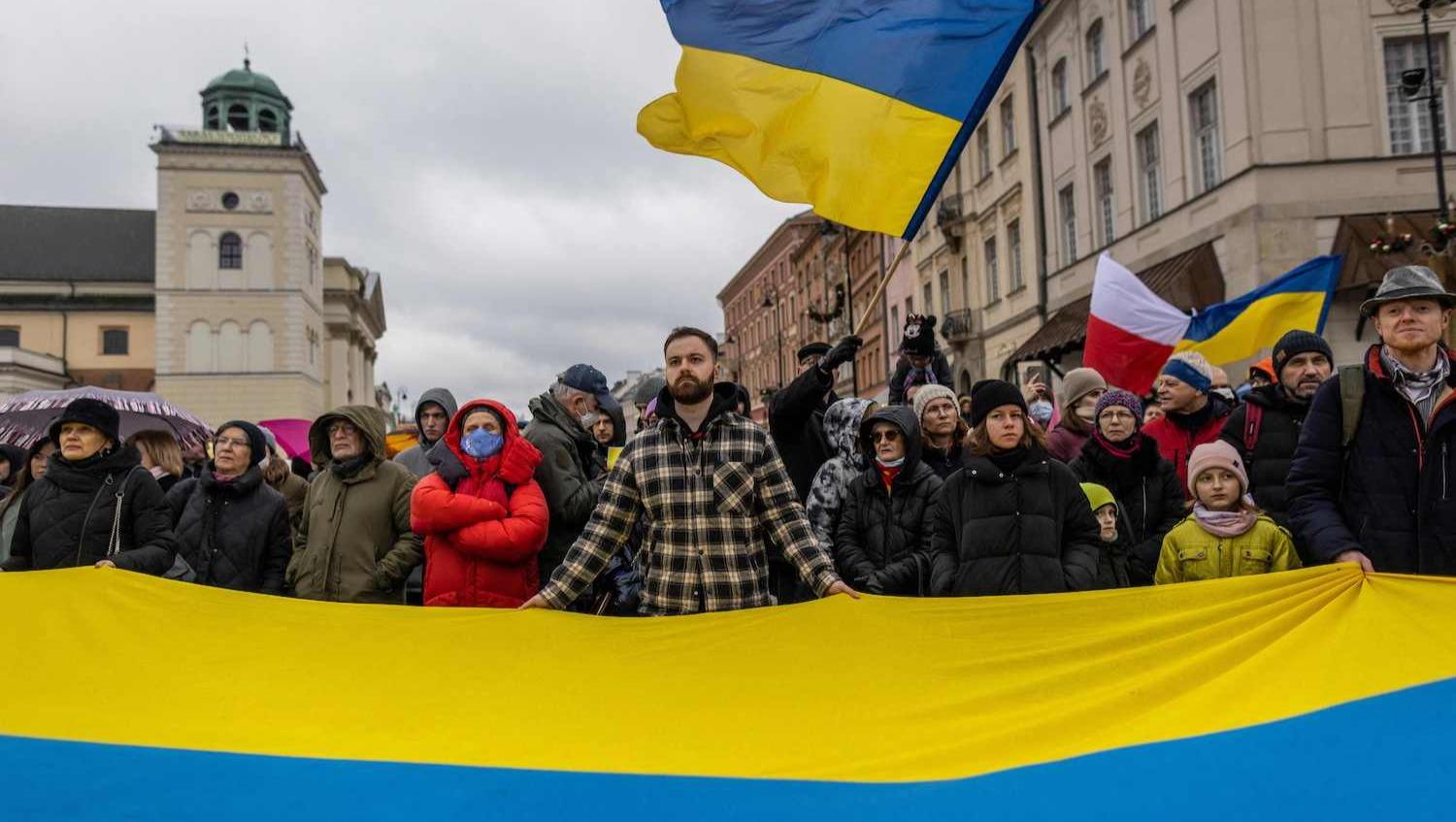UMKC political science professors Greg Vonnahme and Rebecca Best recently weighed in on the violent events unfolding between Russia and Ukraine.
Vonnahme said that the significant and devastating effects on the Russian economy from western sanctions have people questioning the sustainability of the war.
“Sanctions were an important part of the Ukraine resistance,” Vonnahme said. “The Ukraine military is significantly weaker than Russia.”
Vonnahme also mentioned that Russia is getting attacked on two different fronts.
“They are facing much tougher Ukrainian resistance, and much greater economic and financial resistance and pressure from the west,” Vonnahme said. “Those two things reinforce one another, where western sanctions will likely get stronger as Ukrainian resistance withstands Russian invasion.”
Countries around the world continue to impose tough sanctions on Russia. These sanctions affect finances, trade and travel and specific individuals. The value of the ruble has hit record lows.
In addition, private sector companies like Coca-Cola, Netflix and BP Plc have either halted business or cut ties with the country following Russia’s invasion of Ukraine.
Best claimed that the cost of the conflict was greater than Putin anticipated.
“Putin made an assumption that his popularity would increase and this would be over quickly,” Best said. “He believed that this would really show how weak NATO and the west are.”
Instead, Best thinks this war has had the opposite effect and instead has strengthened NATO. As an example, she mentioned Germany’s surprising decision to help Ukraine by putting the Nord Stream 2 Pipeline on hold and providing more military aid and additional spending.
“If one of the goals was to reduce the threat of NATO to Russia, I don’t think it’s accomplished that,” Best said. “It has really strengthened NATO in a way that not much has recently.”
Vonnahme agreed, saying, “We are seeing a much more unified Europe than we were before.”
Although the media has covered widespread Russian protests, a new poll has led researchers to suggest that a majority of Russians are in favor of the war. This could be due to the state-run media in Russia.
“That is restricting the narrative that everyday people in Russia hear,” Best said. “So there is definitely opposition, but the average Russian does not necessarily have a clear picture of what’s happening.”
Unfortunately, Best said that things that are bad for Russia are not necessarily bad for Putin.
“It may be in Russia’s interests to back down, but not in Putin’s,” Best said. “Especially if he can’t make himself the victor.”
Vonnahme elaborated more on what makes Putin so dangerous.
“Putin’s constituency is a more narrow group of government officials, military officials and wealthy oligarchs,” Vonnahme said. “It’s unlikely that Putin is going to be overthrown anytime soon.”
rrr9v3@mail.umkc.edu









Green Collateral Investments Inc. • Apr 9, 2022 at 3:26 pm
NATO knew the risks of their investments in Ukraine and proceeded.